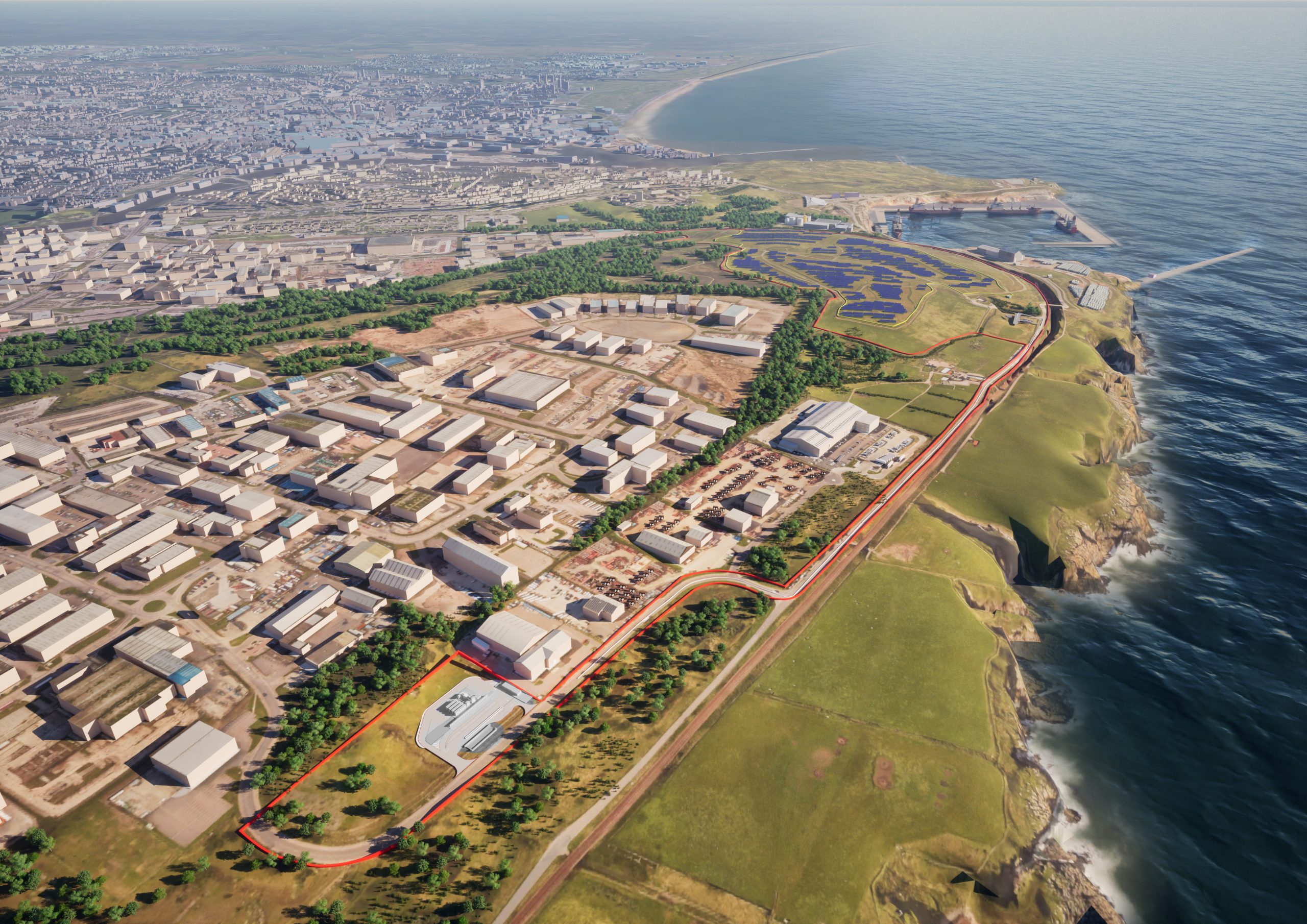GenH2 Talks Hydrogen Production, Transportation and Storage

The project which includes the converting of lignite coal into hydrogen was a key discussion at a recent conference held in Estevan. GenH2’s CEO, Greg Gosnell, lauded the potential for hydrogen at the event.
His presentation was titled “Hydrogen Principia – Biomass to Hydrogen to Energy”. The project will potential bring hundreds of jobs to the area and yearly export just under US $775 million worth of biogenous liquid hydrogen.
A proposed hydrogen hub project for Estevan, initially introduced by Southeast TechHub’s executive director Gordon More in March, was discussed during the first ICED Rural conference in Estevan last week through the scope of global potential and appetite for hydrogen fuel.
The project envisions converting Estevan lignite coal into hydrogen, leveraging the area’s rich coal resources. Estevan’s lignite, a mineral-rich biomass, will serve as the feedstock for biogenous hydrogen production. The process promises net zero carbon emissions, power by renewable energy and advanced turbine power generation, highly profitable effluent liquid hydrogen and maximisation of federal investment tax credits, according to early project details.
Greg Gosnell, CEO of GenH2, a leading U.S. company in the hydrogen infrastructure space, highlighted the potential for hydrogen during his presentation at the conference on Sept. 11.
GenH2’s CEO Breaks Down Hydrogen Potential
“Ultimately, hydrogen is the most prevalent molecule in the universe. It’s never going to run out,” Gosnell said.
However, he also emphasised the challenges, noting that “it’s going to be expensive to start a new worldwide energy infrastructure.”
Gosnell spoke about the hydrogen opportunity – global projections and an addressable market in North America. He also touched on the case for liquid hydrogen versus gaseous hydrogen; the basics of hydrogen liquefaction; the need for and economic impact of hydrogen loss during evaporation; large-scale projects – engineering, construction, operations, etc.; and consortium – key players and roles.
He wrapped up his Hydrogen Principia – Biomass to Hydrogen to Energy presentation by underlining that the Estevan project is a great opportunity.
“Estevan is in a position to take a leadership role in the global clean energy initiative,” Gosnell said in his presentation.
“An opportunity to supply a significant amount of clean energy for industrial and mobility applications. An opportunity to make a material contribution to the achievement of net zero carbon emissions targets. An opportunity for meaningful collaboration between public and private industry. An opportunity for effective repurposing of regional attributes: natural and human resources, infrastructure and capital.”
There are two parts to the proposed Estevan Hydrogen Hub, which are gasification of coal to hydrogen, and the transportation and storage of the produced hydrogen.
ROI of the Hydrogen Project
The coal-to-hydrogen project, if realised, could inject over US $2.4 billion into the Estevan area and generate more than 200 direct and indirect high-paying jobs, according to the project description. Once operational, it is expected to produce and export around US $775 million worth of biogenous liquid hydrogen annually.
The hub would also involve a partnership for hydrogen storage and transportation infrastructure. The partners in this venture are applying decades of experience gained through work with the U.S. Departments of Defense and Energy and NASA to mass-produce hydrogen technology solutions.
The project is being negotiated, and no firm promises have been made. Though the project is still in its early stages, Gosnell in his presentation was optimistic about its potential.

